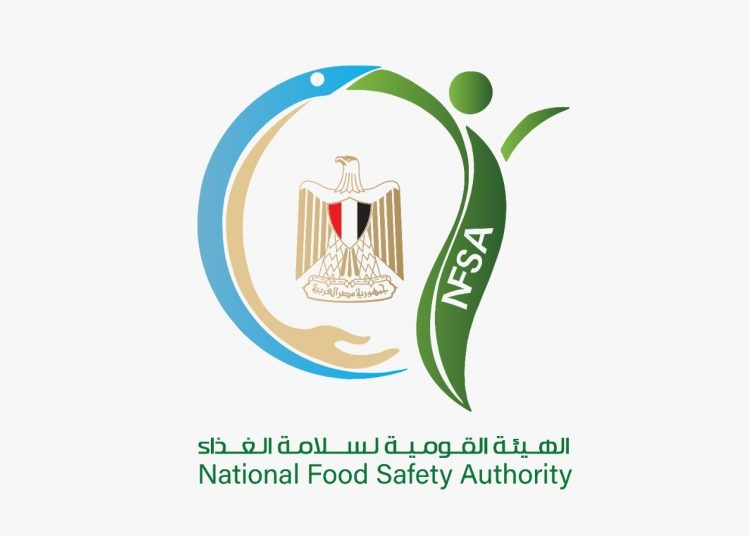Within the framework of the National Food Safety Authority’s (NFSA) role in creating effective cadres and building a new generation of qualified examiners to implement all binding technical regulations and rules established by the Authority to manage the food safety system, the Authority participated in the training programme on “Improving and developing the performance of veterinarians in slaughterhouses.”
The programme was presented by the European Commission’s Academy of Optimal Training for Better Food, held in Rome, Italy.
A number of three trainees from the Authority were deployed to participate in the training programme to gain experience from EU countries in the field of slaughterhouse management.
The Department also held a refresher course on the application of the electronic system of public stores in the branch of the Authority in the governorate of Qalyubia in co-operation with the Ministry of Planning and Economic Development.
The Information Centre of the National Food Safety Authority (NFSA) issued its 44 weekly reports for the period from November 2 – 8, which include many different activities.
The General Administration of Factories Control carried out 93 supervisory missions on food factories in all governorates of the Republic during the first week of December.
Six food facilities were registered with the National Food Safety Authority and six factories were listed on the white list as well as issuing a school nutrition certificate during the past week.
Examination, inspection, and accreditation visits by the Department of Control of Packing Stations and Centres reached 32; 2 establishments of the Authority were registered; 10 facilities were listed on the White List; and 771 export permits were issued to agricultural crops.
Sweet potatoes continue to top the list of exported Egyptian vegetables by 8000 tons, followed by olives with a total of 7000 tons, beans with a total of 6000 tons, and citrus fruits topped the list of exported fruits last week with a total of 16,000 tons, followed by strawberries and pomegranates with a total of 10000 and 5000 tons, respectively.
Saudi Arabia, Libya, Spain, and Russia represented the largest recipients of Egyptian exports over the past week out of a total of 150 importing countries.
The General Administration for Registration and Licensing of Private Food registered 63 products and 8 companies, carried out 5 supervisory visits, examined 400 new products, and issued 19 free sale certificates.
With regard to Laboratory Management, they prepared technical reports for 997 samples of imported food shipments, 285 samples of food for export, 340 samples of local food, and 92 samples of special food products.
The General Department of Slaughterhouses conducted 6 inspection visits to poultry and meat slaughterhouses, in addition to 2 visits to natural envelope factories.
Three slaughterhouses met the authority’s requirements and were included in the white list. Also issued 22 export permissions for animal natural envelopes to European Union States after the samples were collected and ensuring their compliance with the requirements.
The armed forces’ automated slaughterhouse in Safaja, Red Sea governorate, was also visited. The requirements of the National Food Safety Authority have been verified and are being included in the White List.
The food safety branch in Gharbia, Menoufia, Damietta, Matrouh, Beheira, Kafr El-Sheikh, Sohag, Aswan, Al-Sharqia, and Port Said governorates launched extensive inspection campaigns to ensure the implementation of food safety requirements. This came as part of the efforts of the directives of Dr. Tarek el-Hobi, Chairman of the National Food Safety Authority (NFSA), to tighten the control over food establishments to ensure the safety of the food products offered and to preserve the health of consumers in various governorates.






Discussion about this post